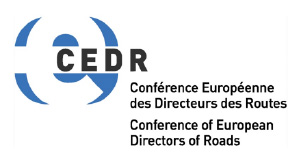The analysis of the overall sustainability of the roadside solutions in this project is based on technical and design aspects and involves environmental and economic prerequisites.
Among the basic work requirements proposed by CPR for construction works, noise & safety barriers need to fulfil mechanical resistance, safety in case of fire, safety in use, noise protection, and hygiene specifications for materials used.
A sufficient level of performance regarding the above requirements guarantees that the product meets functional and technical needs and represents the essential conditions for further investigations on a full set of Key Performance Indicators (KPIs) of the environmental, societal, and economic aspects for all life cycle stages.
Research
will result
in the
following
outputs
Overview of relevant use cases and State-of-the-art review to identify research gaps on durability of sustainable and innovative products.
Practical guideline based on the evaluation of the use cases, including recommendations for industrial stakeholders on how to provide data for further sustainability assessment requested by NRAs.
Online tool for a comparative study on costs and benefits and total life cycle – and where possible – on other harmonised indicators (e.g., economic, and social impacts).
Software tool to model and assess resource efficiency (for example on climate change), when using the suggested materials for the specific applications.
Final report providing practical recommendations for NRAs on how to implement sustainability policy by using the developed tools.
This project is funded by the CEDR Transnational Road Research Programme Call 2020 Resource Efficiency and Circular Economy with funding provided by CEDR members of Denmark, Ireland, Netherlands, Norway, Sweden, Switzerland and the United Kingdom.



